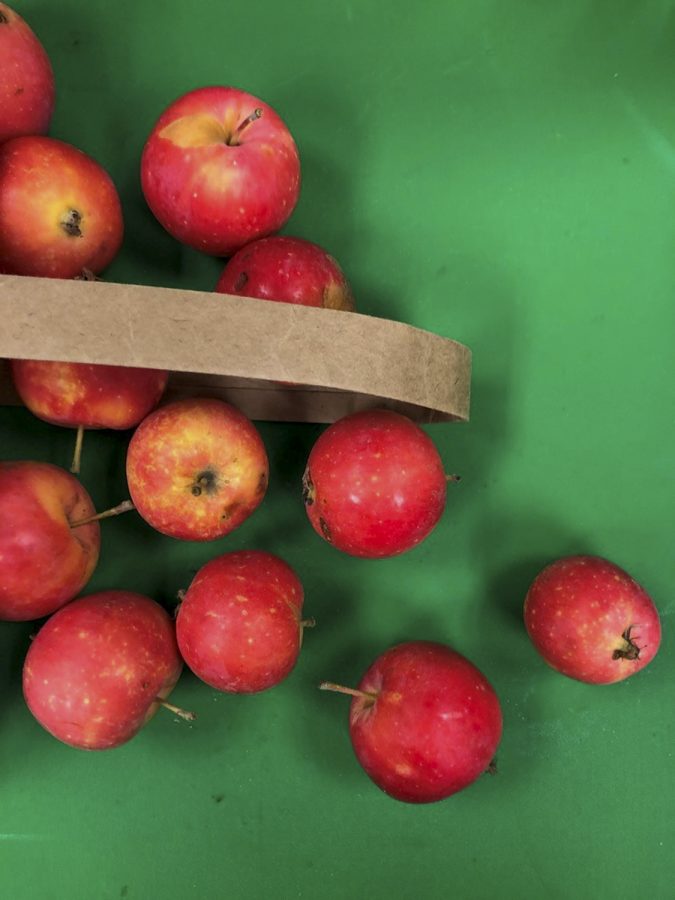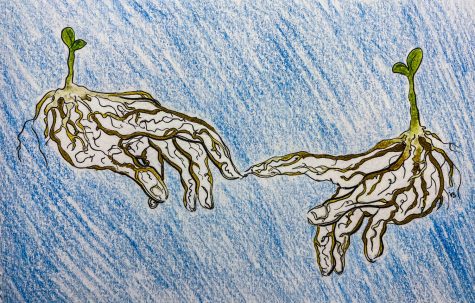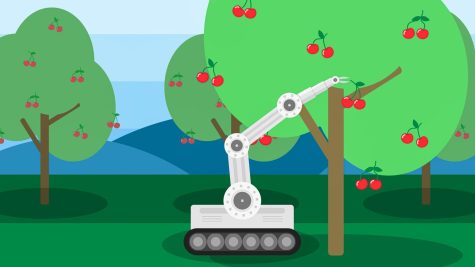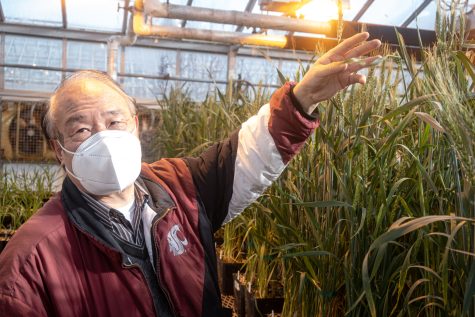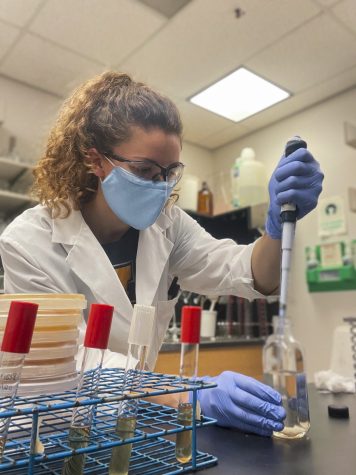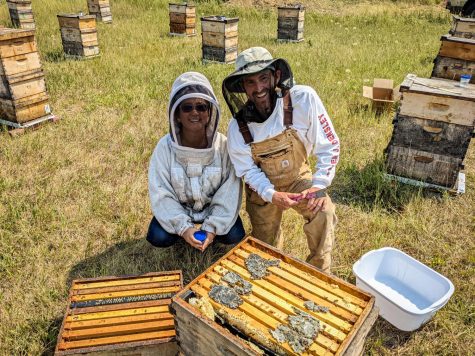Researchers to improve cider fermentation
Incomplete fermentation can ruin product; team to control ingredients
Cider apples contain fewer nutrients and amino acids than other fruits, making them harder to ferment. The researchers want to understand the types of nutrients available in the apples.
March 4, 2021
To make the apple cider fermentation process easier and more predictable, WSU researchers are trying to add more nutrients to cider.
The research team is creating a powder base with extra nutrients for yeast to consume during fermentation. The base contains additional amino acids, said Claire Warren, microbiologist for WSU’s School of Food Science.
Cider apples do not contain as many nutrients as other fruits, like grapes, Warren said. Grapes have more nutrients and are easier to ferment into alcohol.
Cider apples also have fewer amino acids than other fruits, which make them more difficult to ferment, said Charles Edwards, project adviser and WSU food scientist.
Yeast consumes glucose and breaks apart amino acids needed to ferment and make alcohol, Warren said.
“When yeast eat sugar, they will naturally produce ethanol,” she said. “Alcohol is really just yeast pee.”
Warren said the team is currently creating a synthetic juice to replace cider juice. The goal is to control all the cider juice ingredients before adding other ingredients to create the nutrient base.
Warren will be looking at the amino acid profiles of cider apples using the synthetic juice, Edwards said.
The team is working to understand the levels and types of nutrients available in apples. The goal is to then study the influence of different nutrients on fermentation, Edwards said.
Yeast can ferment almost any sugar but may not always produce something appealing to eat or drink, Warren said. A lack of nutrients can ruin fermentation and create a product consumers will not want to drink.
A major concern right now is cider loss, Edwards said. Incomplete fermentation can ruin a run of cider, giving it an unpleasant taste or smell. There is currently no way to prevent this.
Yeast need amino acids. Without these acids, the yeast do not have sufficient nutrients to complete fermentation. This produces unwanted byproducts, like a rotten egg smell. This makes the cider unappealing, and it is not able to be sold, Edwards said.
The research team will solve this issue through the use of the nutrient base, Warren said. The base will make fermentation more successful, and the yeast will have sufficient nutrients so the negative byproducts will not be produced.
Researching how to prevent cider loss is a costly project and was not previously done in-depth because there was not a high demand for cider, Warren said.
Cider has grown in popularity over the past decade, and there is now a higher demand from producers to learn why a run of cider may go bad, she said.
“That’s a huge investment if you don’t know why you might lose a whole run of cider,” Warren said. “That’s pretty scary to be a cider maker.”
Edwards said the cider industry needs a better understanding of nutrients and different aspects of fermentation.
“The cider industry has not historically had tremendous support from research, specifically relating to fermentation,” he said.


